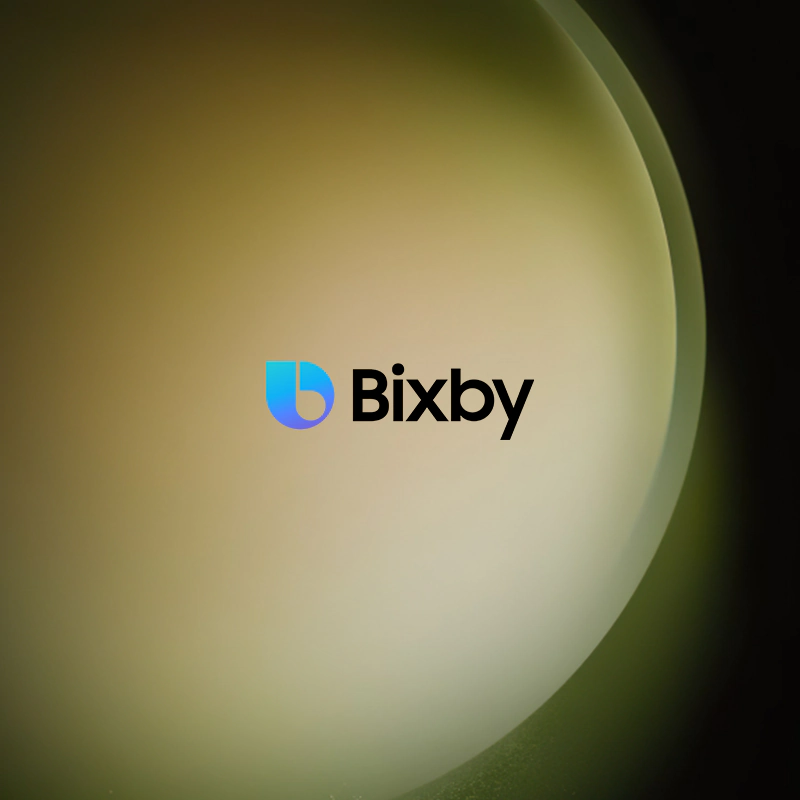
Digital assistants have come a long way, and following improvements to their programming, they can get better.
While digital assistants are inferior when it comes to maintaining conversations when compared to the likes of OpenAI's ChatGPT, which has brought hype throughout the AI sphere, digital assistants can do a number of things generative pre-trained transformers cannot.
For example, digital assistants are built and designed to respond users to some quick questions with quick answers, creating to-do-list, make appointment, access certain part of a phone, and so forth.
ChatGPT, and Google Bard, and others, are purposefully built for these secretary-like duties.
This is why digital assistants are much more than just chatbots.
And this time, Samsung, the tech giant from South Korea, is upping its ante with its Bixby digital assistant.
What it does, is giving it able to mimic the voice of its users, as well as some other game-changing features.
When speaking about digital and voice assistants, Bixby may be a bit down on the list.
Samsung debuted Bixby with the Galaxy S8 series in 2017, and that it quickly received lots of negative reviews.
Not only that Bixby was far inferior to the likes of Apple's Siri, but also because it couldn't even do some of the things Google Assistant had been offering for a long time.
As a giant conglomerate company sitting on huge resources, it should've been easy for Samsung to just give up on Bixby. But the company kept developing the technology, and has since given it more and more features.
As a result, Bixby becomes increasingly functional.
And this time, Brolling out to all Bixby users, the first feature Samsung is introducing, is the 'Bixby Text Call.'
What it does, is allowing users to answer phone calls, and just let Bixby do all the taking to the caller. Bixby can accomplish this based on users' text input. In addition to that, the same feature can also turn the caller's voice in text input for users to read.
In other words, the feature is essentially a text-to-speech and a speech-to-text at the same time.
This feature essentially adds a layer of accessibility, and should come useful to those users who aren't into answering phone calls.

The next feature, is the ability to clone users' voice.
Calling it the 'Bixby Custom Voice Creator,' the feature does what it says, in which it's able to replicate users' voice, from just listening to it.
Users must first 'train' the AI by reading a number of sentences. After that, Bixby should be able to go ahead and starts generating new sentences using users' voice and tone.
Initially, this feature is only limited to Bixby users using Samsung's flagship Galaxy S23 series in South Korea.
Samsung said that it has plans to make the feature compatible with other Samsung capabilities beyond phone calls in the future, minus the hallucination issues of chatbots.
Last but not least, Samsung also introduces a way for users to customize Bixby’s wake-up phrase into whatever they want. This in turn should allow users to better customize the experience of using the voice assistant.
The voice assistant can now also play music depending on the type of exercise that is playing on Samsung Health.
"Now, Bixby can better understand intent and process follow-up requests by understanding context and associating words previously used in interactions," said Samsung in a blog post.
"For example, Bixby users can first launch a workout on Samsung Health and then ask Bixby to play music that best suits that exercise by saying “Play music for this workout."